Adult
- About
- Meet The Team
- Conditions
- Patient Feedback
- Making the most of your clinic appointment
- Your Appointment in Outpatients
- Easy Read Guide for Out Patients
- Cardiac Catheter
- Transoesophageal Echocardiogram
- MRI
- Surgery & "Top Tips" for coming into hospital
- Lifestyle Advice
- Exercise
- Heart Failure
- End of Life and Palliative Care
- Looking after your oral health
- Dentists Information Section: Dental care in adults at risk of Infective Endocarditis
- Yorkshire Regional Genetic Service
- Support
- Video Diaries
- Second Opinion
- Monitoring Results at Leeds Infirmary
- Professionals
Exercise
-
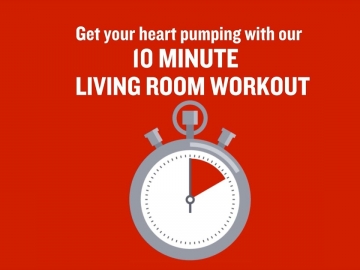
British Heart Foundation: has some great links for exercise ideas such as 10 minute work outs, links for different free apps and even tips on how to stay active in the garden.
-
Fitness Blender: Search fitness blender and access free workouts, it lets you choose the duration, type, intensity of the workout and also lets you choose to do it with equipment or not. Suitable for teenagers and adults Click Here
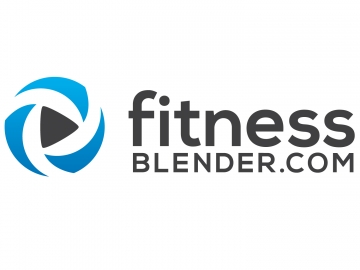
-
Most adult congenital patients have no exercise restrictions, but if you are unsure about levels & types of activity please contact your Cardiologist, Specialist Nurse or Physiotherapist based at the hospital.
-
It is important for everyone to exercise regularly. Heart Research have really good resources for adults with congenital heart problems. Have a look at their website for more information.
https://chd.heartresearch.org.uk/about-toolkit
-
Specialist Cardiac Physiotherapist
The role of the specialist physiotherapist is to provide help and advice on all physical activity issues for adults with congenital heart conditions. Exercise and activity is important for everyone even with a congenital cardiac condition, but it is important to work at the right level for your condition. The physiotherapist is able to offer the support you require to continue with activities. All advice needs to be individual to you and your heart and the physiotherapist could help you with
- Identifying if a sport / activity is suitable for you and your heart
- Advising on where to start and how to increase activity
- Discussing if you need to limit particular activities
- To help you achieve the appropriate level of fitness
- Help you back to activity after heart surgery
- If you want to know more about your heart condition and the effects of exercise
Please contact Specialist Cardiac Physiotherapist Sarah Hibbert 0113 392 0609 or email sarah.hibbert3@nhs.net
-
Here are some videos recommended by our specialist physiotherapist.
-

Benefits of Regular Activity
Physical
Increase exercise tolerance
Improves muscle strength and tone
Improves function of heart , lungs and circulation
Helps to facilitate weight loss by increasing metabolic rate
Improves flexibility
Helps to reduce muscular aches and pains and pains
Reduces the risk of osteoporosis
Reduces risk of developing coronary artery disease
Helps reduce Blood Pressure
Reduces Cholesterol
Reduces the risk of stroke and developing type 2 Diabetes -
Psychological
Improves feeling of psychological wellbeing ( Releases endorphins)
Reduces stress and anxiety
Helps promote sleep / relaxation
Boosts self-confidence and self-image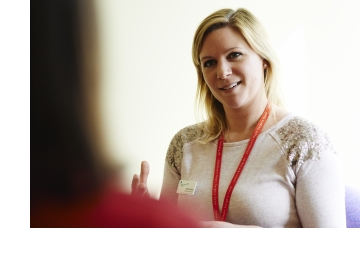
-

Important Points to remember
Warm up
Spend 15 minutes gradually warming up and increasing your breathing and heart rate.
Main Exercise
This should be done at a hard enough rate to make you feel a “puffed”/ out of breath and feel warm and sweaty.
You should still be able to talk in full sentences all the time you are working at this level.
If you cannot talk then you are working too hard and need to slow down
If you have enough breath to sing then you are not working hard enough. -
Cool Down
Gradually slow your pace down and allow your breathing and heart rate to come back to normal.
Listen to your body and always stay within YOUR capabilities
Make sure you know what is advised for you to do / not do for YOUR heart condition
You should aim to do at least 30 minutes exercise most days ie. 5 times a week
Don’t become dehydrated – especially if you have a cyanotic heart problem
ALWAYS stop if you feel unwell / pain / dizzy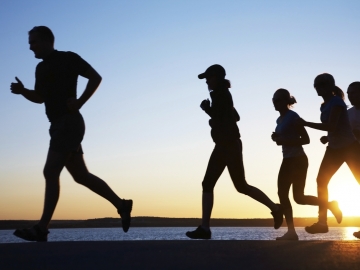
-
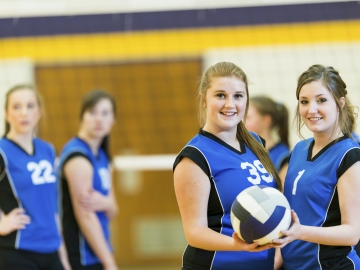
Things to avoid
Lifting Heavy Weights
Exercising straight after a meal
Exercising if you are unwellEXERCISE is not just sport / going to the gym. Walking is the best exercise and its FREE
Find something you enjoy
Regular exercise is important
Below are some ideas and links to websites that will help keep you active
